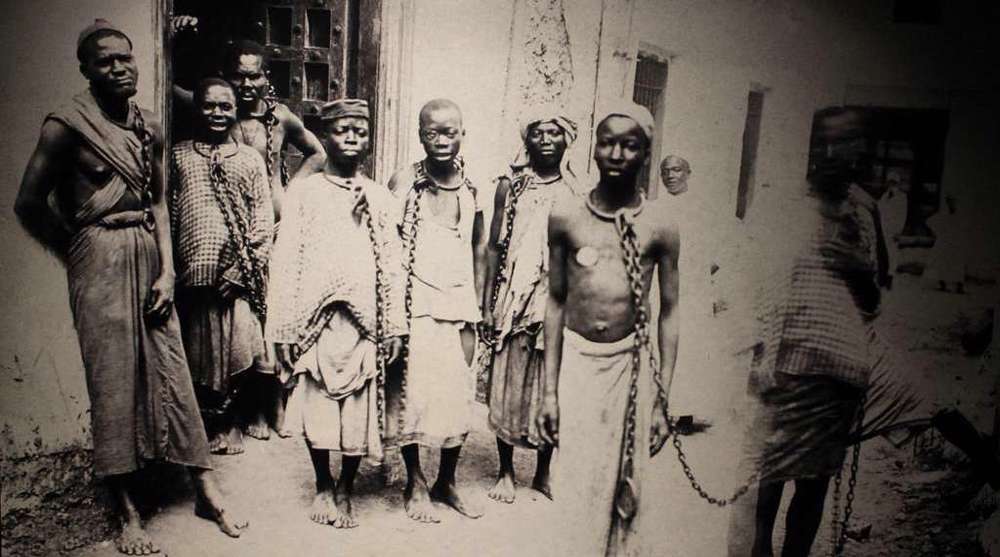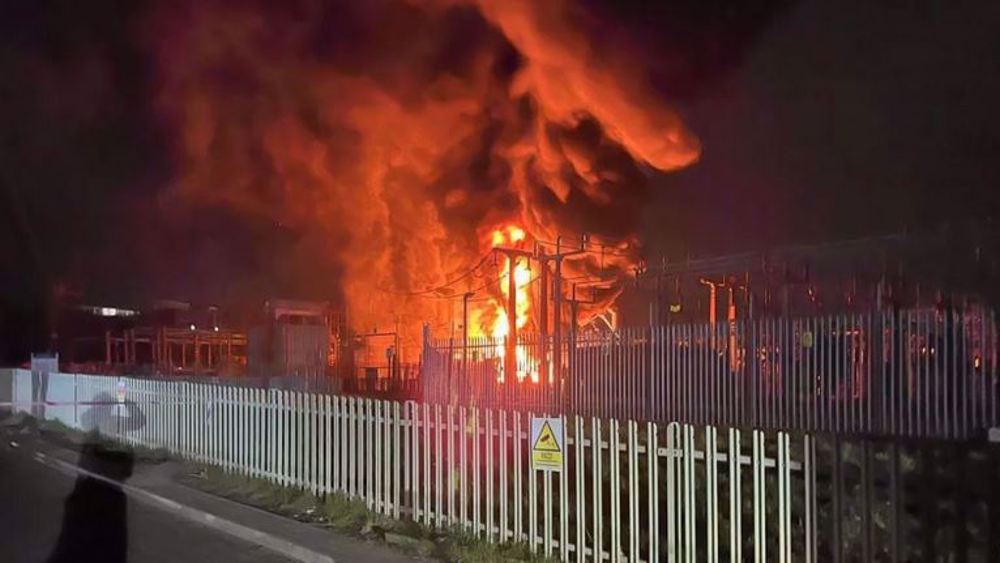Over 2 million forced to wait longer than 18 weeks for hospital treatment in July
NHS released figures show 2.15 million patients, three times the figure for the same period last year, have been waiting longer than 18 weeks to begin hospital treatment in England. This is the highest number for any calendar month since records began in August 2007.
Just as worrying, if not more so, is the fact that the number waiting longer than 52 weeks was at the highest level for more than a decade with 83,203 still waiting in July, the highest number since November 2008.
Professor Neil Mortensen, president of the Royal College of Surgeons of England, said it was “disappointing to see waiting lists were still shooting upwards in July”.
He said: “Patients who have now been waiting many months, even a year or more for their treatment, cannot afford to wait until next spring. For those unable to return to work due to their condition, this is not only a health issue, but an economic one too.
“We urgently need to build up our hospital reserves if we are to see this winter through. Flu, together with continuing local Covid outbreaks, must not bring surgery to a standstill again, or thousands more will suffer.”
Gbemi Babalola, senior analyst at the King’s Fund says that lengthy waits are a “timely reality check on the challenges facing NHS services” as they deal with a backlog of patients since the pandemic hit.
Babalola said: “NHS staff are working hard to restore services to full capacity, and help is available when people need urgent care and treatment.
“At the same time, there needs to be honesty about what is achievable, and recognition that, as we head into the traditionally challenging winter months, long waits for routine diagnostic and surgical procedures are likely here to stay.”
Dr Susan Crossland, president of the Society for Acute Medicine, urged the government to “publish full winter crisis planning proposals which include investment into staffing and estates to cope”.
She said: “As we have seen for months now, the data shows the NHS is struggling hugely despite the drop in elective [planned] work and we are now seeing increased pressures with admissions creeping up and the isolation of suspected cases.
“The reduction in acute beds is a major concern for us; we cannot allow corridor care to return and, therefore, again urge a focus on the advantages of same-day emergency care to allow rapid assessment and treatment of patients without needing admission.”
Hospital admissions for routine procedures in England fell by about half in July compared with July 2019, which is not as steep as it was during the earlier stages of the pandemic.
Some 142,818 patients were admitted for treatment during the month, down from 314,280 in July 2019.
The year-on-year decrease recorded in June was 67%, and in May the fall stood at 82%.
The NHS England medical director, Professor Stephen Powis, described it as a “substantial rebound in routine appointments and operations, which have more than doubled since the peak of Covid”.
A&E attendances at hospitals in England remain below the previous year’s levels leading NHS England to say the fall was “likely to be a result of the Covid-19 response” – implying people are still staying away from A&E departments because of the outbreak.
Total attendances recorded in August 2020 were down 19% from 2.1 million in 2019 to 1.7 million.
The year-on-year drop for these has also been reduced, from a fall of 30% recorded in July and 33% in June.
Emergency admissions at hospitals in England also showed a fall last month, down 10% from 529,231 in August 2019 to 473,903 in August this year.
A total of 179,503 urgent cancer referrals were made by GPs in England in July 2020, down from 221,805 in July 2019 – a fall of 19%.
This compares with a year-on-year drop of 21% in June and 47% in May.
Urgent breast cancer referrals were down from 15,824 in July 2019 to 10,441 in July 2020 – a fall of 34%.
Powis said that “pleasingly, cancer radiotherapy treatments are now fully back to their pre-Covid levels”.
The number of patients referred for radiotherapy cancer treatment in July was 8,257, up from a low of 6,532 in April, and above the 7,725 figure in February.
Powis added: “The success of these service expansions depends on keeping Covid under control, so continued public action on hands-face-space, an effective test-and-trace service, and rapid action to control local outbreaks all continue to be vital.”
The NHS data showed that just under half a million patients in England had been waiting more than six weeks for a key diagnostic test in July – with the equivalent number waiting longer than six weeks in July last year at 37,206.

Rights groups urge UK prime minister to hold back on anti-migrant rhetoric

Report: Most Britons ignorant about scale of UK slavery

London’s Heathrow announces shutdown due to ‘significant power outage’
Iran-US talks: Trump, sanctions and the mirage of a durable nuclear deal
US universities defy Trump deportations of foreign students
WFP: Food stocks depleted in Gaza due to all-out Israeli blockade
Yemenis hold nationwide rallies to condemn US aggression, support Palestine
VIDEO | Press TV's news headlines
VIDEO | Gaza’s top surgeon killed under torture in Israeli jails
VIDEO | Araghchi arrives in Oman for US talks; termination of inhumane sanctions ‘priority’
VIDEO | Iran transforms Qeshm Island into Persian Gulf bunkering hub











 This makes it easy to access the Press TV website
This makes it easy to access the Press TV website